Products Description
Identity in the Digital Age: The Role of Identification Tools
In our fast-paced digital age, the concept of identity has evolved dramatically. As we navigate through a variety of social, professional, and recreational environments, the tools we use to establish our identity have become increasingly important. Among these tools, the U.S. Social Security Number (SSN) stands out as a foundational element, serving as a vital identifier for accessing employment, banking, and government services.
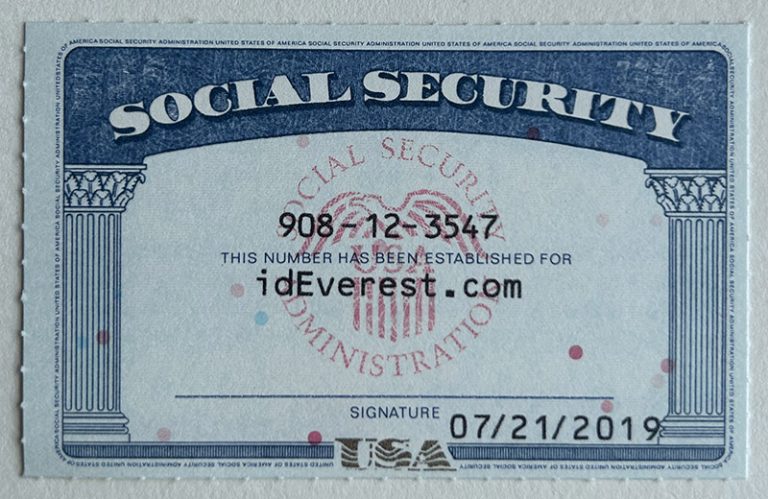
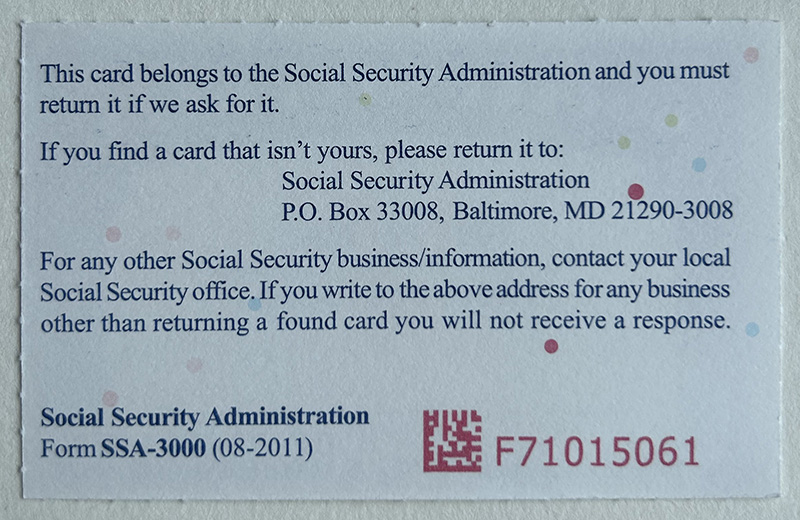
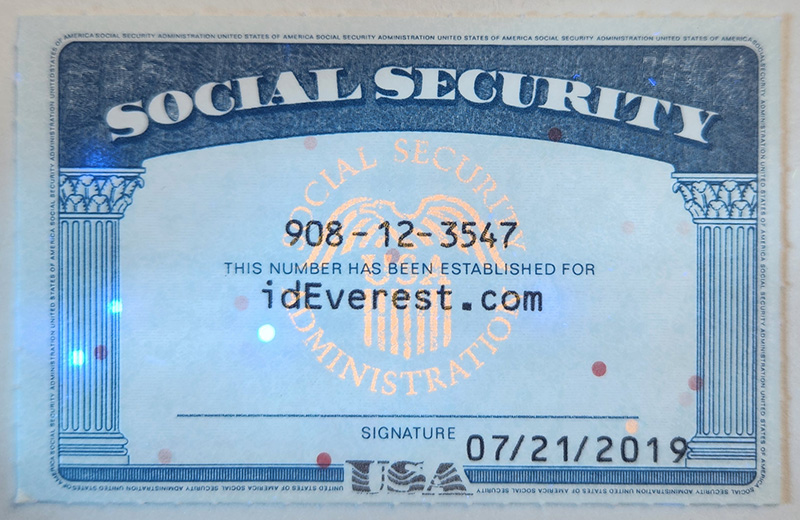
The U.S. Social Security Number is more than just a number; it is a gateway to the many opportunities and services that define our lives. Originally used to track income and benefits within the Social Security system, it has evolved into a multi-functional identifier that plays a vital role in countless daily activities. From applying for a loan to signing up for utilities, a valid Social Security Number is often required. However, this reliance on a single identifier raises important questions about privacy and security. In an age of rampant identity theft, individuals must be vigilant about protecting their personal information, as exposure of their Social Security Number can lead to serious consequences, such as fraud and financial loss.
As technology continues to advance, identification tools such as the Florida Scannable ID Card have emerged, reflecting a shift toward more efficient ways to identify people. Scannable ID cards leverage advanced technology to facilitate a fast verification process, catering to a society that values speed and convenience. In a state like Florida, where tourism and nightlife are booming, having a Florida Scannable ID is essential to enjoying social activities and easily entering entertainment venues. These IDs allow individuals to pass through checkpoints seamlessly, ensuring they can participate in vibrant social activities without unnecessary delays.
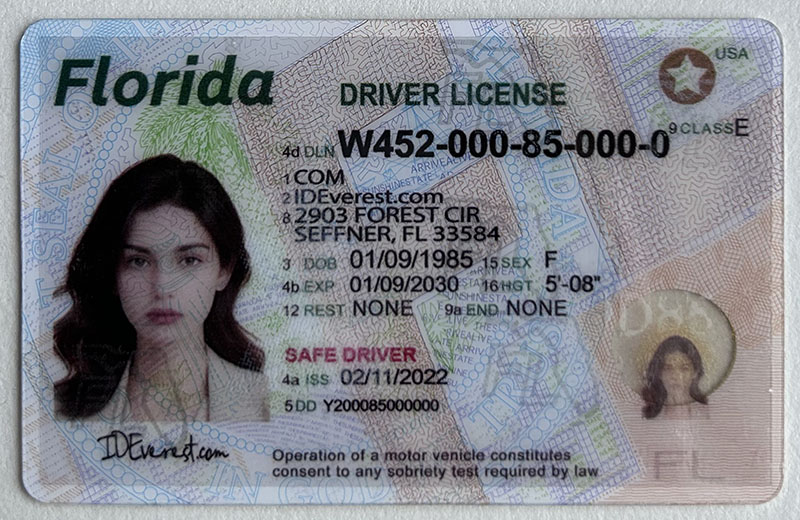
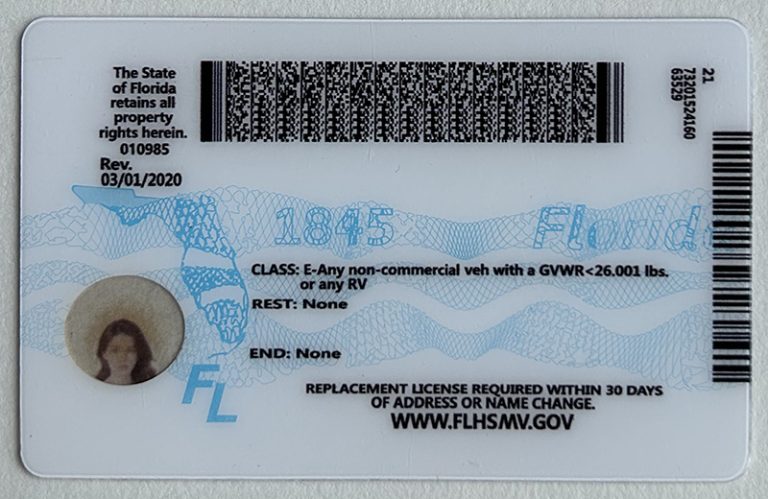
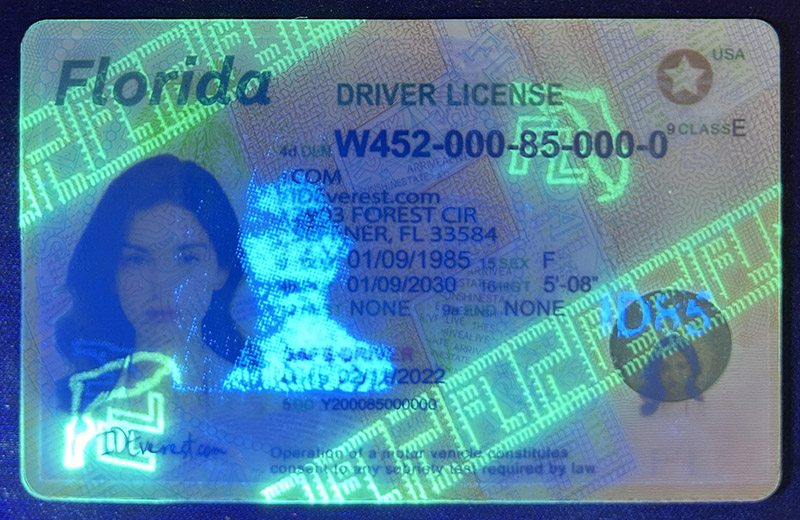
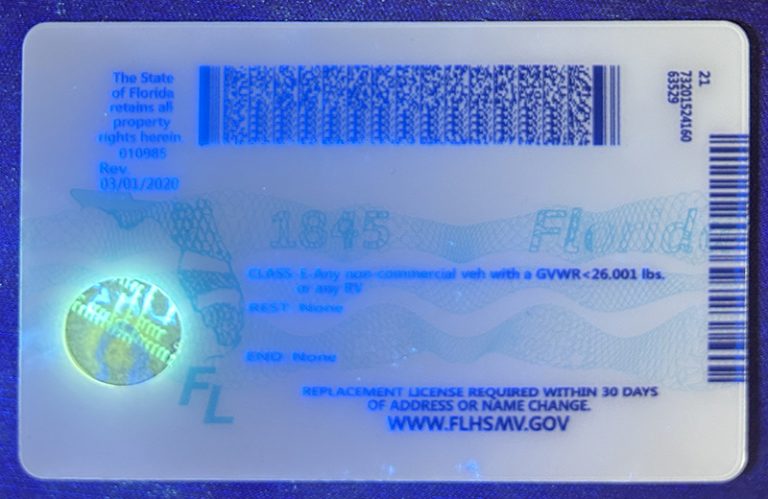
Florida Scannable IDs are particularly beneficial to young people and tourists because it enhances their ability to participate in experiences that might otherwise be restricted. Since bars and clubs often employ advanced identity verification systems, having a scannable ID can make a big difference. However, this convenience also brings its own set of challenges. The potential for IDs to be misused or forged complicates the situation for both legitimate users and venue operators. It also raises ethical questions about the responsibilities of ID holders and the institutions that serve them.
In the bustling environment of New York City, the active social scene often presents challenges for those who are underage or lack proper documentation. Here, New York fake IDs become a solution for many who seek to experience the nightlife. While these IDs offer opportunities for participation, they also highlight a complex relationship with legality and morality. On the one hand, New York fake IDs allow individuals to participate in culturally significant experiences that shape the social fabric of the city. On the other hand, the use of fake IDs challenges the boundaries of legality and raises concerns about responsible behavior.
The presence of fake IDs in New York highlights broader societal issues surrounding age limits and access to public spaces. Many people believe that age limits unfairly restrict personal freedoms, while others believe that such regulations are essential for safety and order. The debate surrounding fake IDs in New York, therefore, reflects a broader discussion about individual rights versus social norms, especially in a city known for its diversity and inclusion.
Similarly, the demand for fake IDs in California highlights the ongoing struggle between personal freedoms and regulatory restrictions. California is known for its multiculturalism and vibrant lifestyle, making it a prime location for the use of fake IDs. Whether attending concerts, festivals, or other social gatherings, the appeal of fake IDs in California often stems from a desire for autonomy and enjoyment of life experiences. These IDs allow individuals to navigate social environments that may impose age restrictions, providing them with opportunities to explore and fully participate.
However, the use of fake IDs also exposes issues of authenticity and the potential consequences of misrepresentation. Individuals must weigh the risks of using fake IDs, including legal consequences and the impact on their reputation. In a state like California, where regulation is strict and laws are strictly followed, the risks can be high.
In summary, the tools we use to establish our identities—whether it’s the basic U.S. Social Security number, the efficient Florida scannable ID, or the more controversial New York fake ID and California fake ID—play an important role in shaping our experiences and interactions. These methods of identity not only affect how we navigate our daily lives, but also reflect broader social dynamics around privacy, freedom, and responsibility.
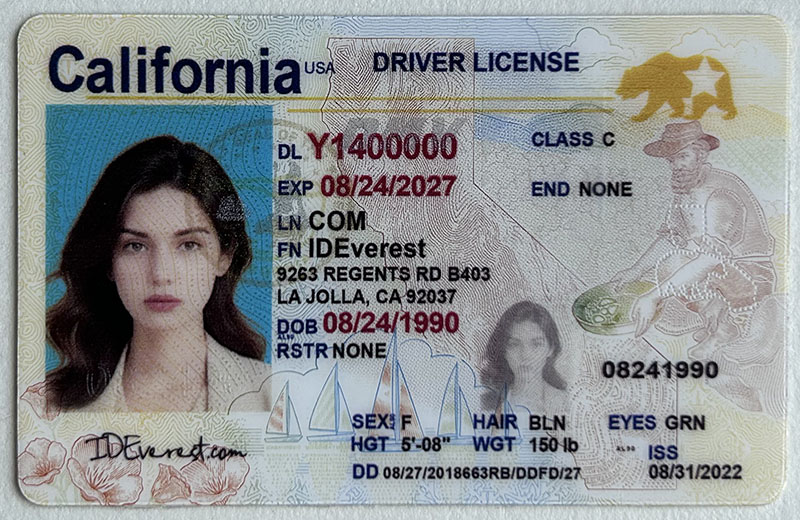
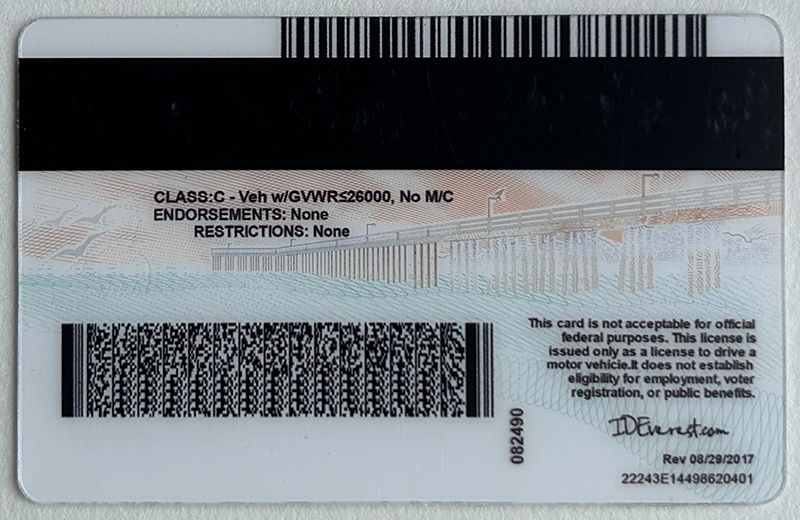
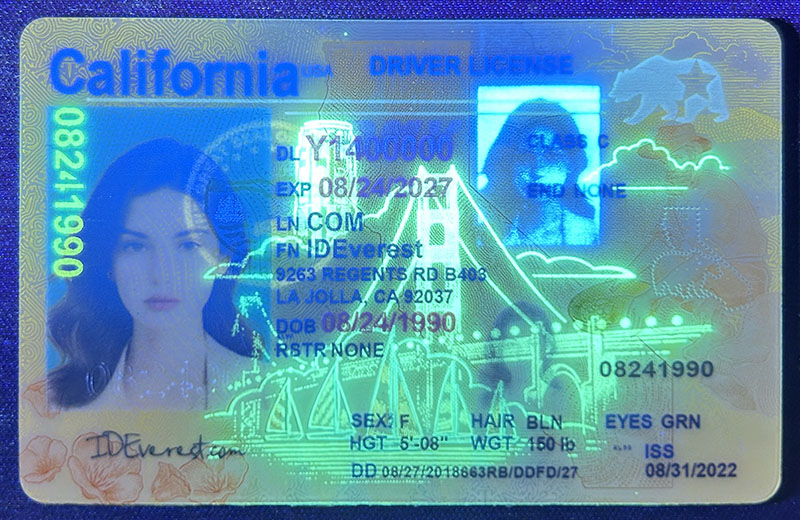
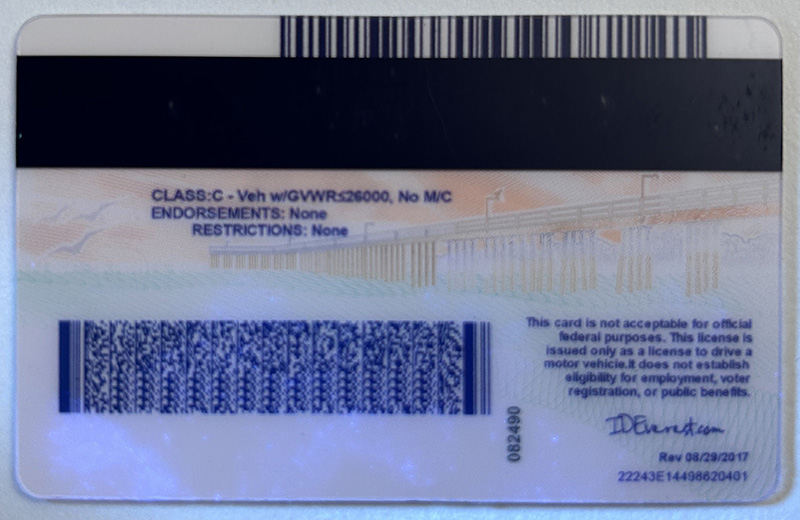
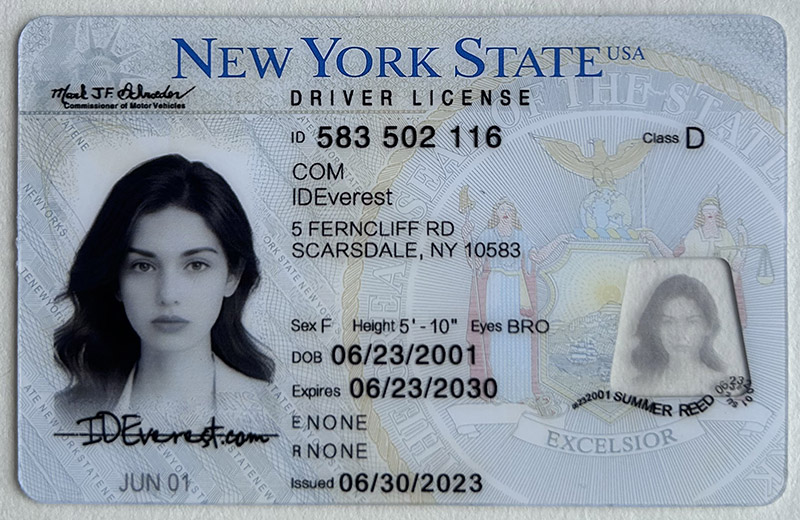
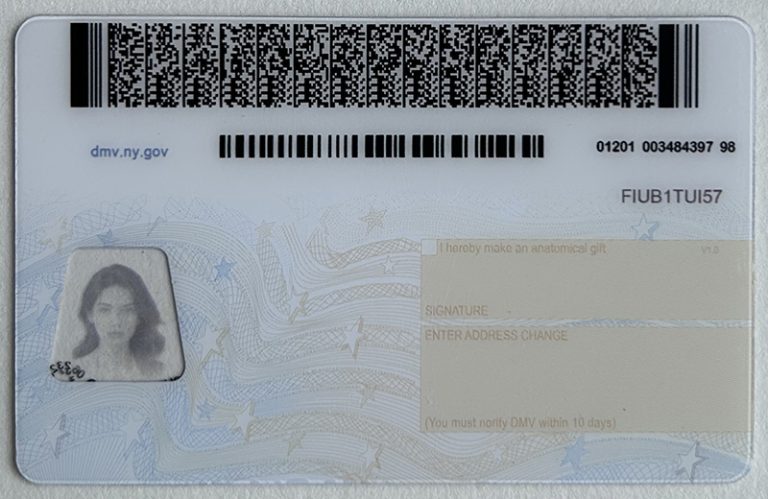
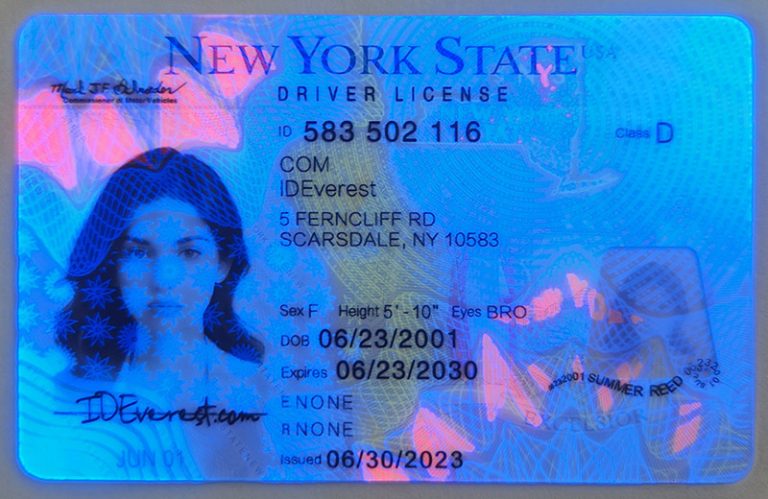
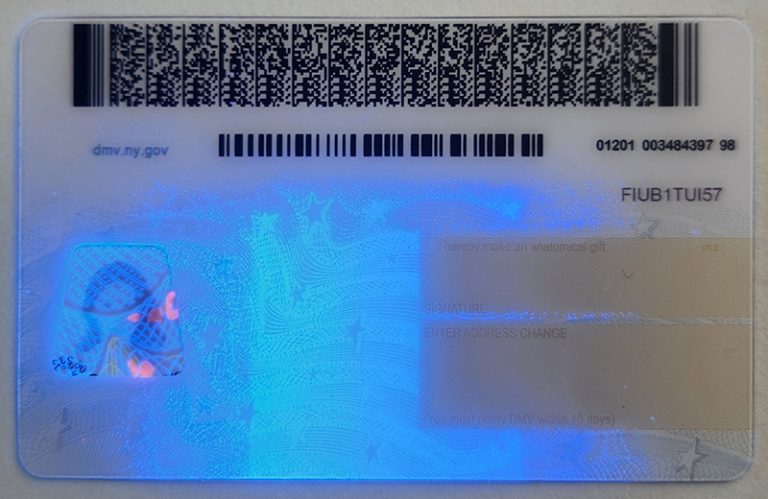
As society continues to evolve, so too will the methods and meanings of identity. Individuals must thoughtfully navigate this landscape, balancing the desire for freedom with the need to use identity tools responsibly. Ultimately, understanding the implications of these identities can lead to more informed choices and a better understanding of the complexity of personal identity in a modern context. With advances in technology and ongoing debates about regulation, the conversation around identity and identification is far from over.
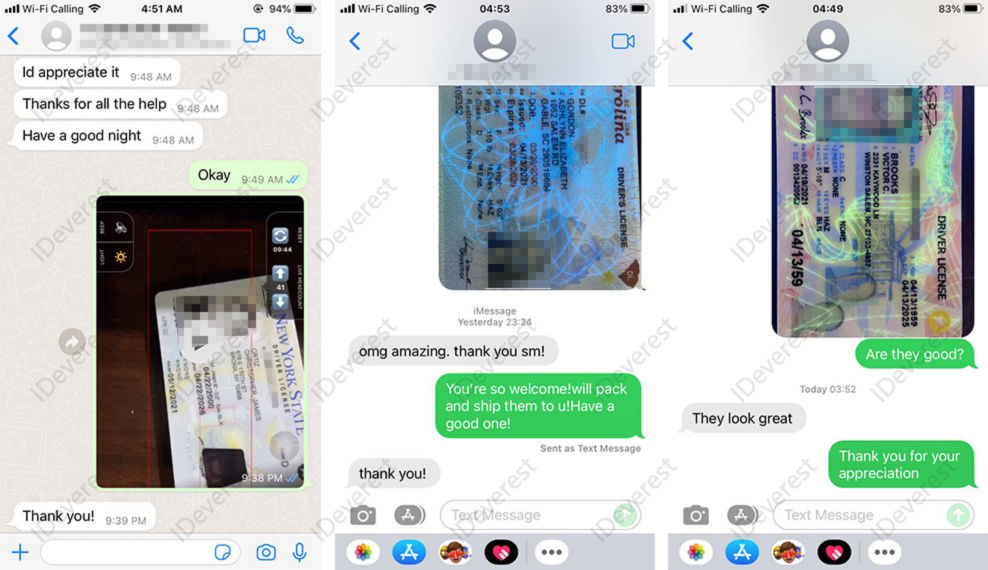
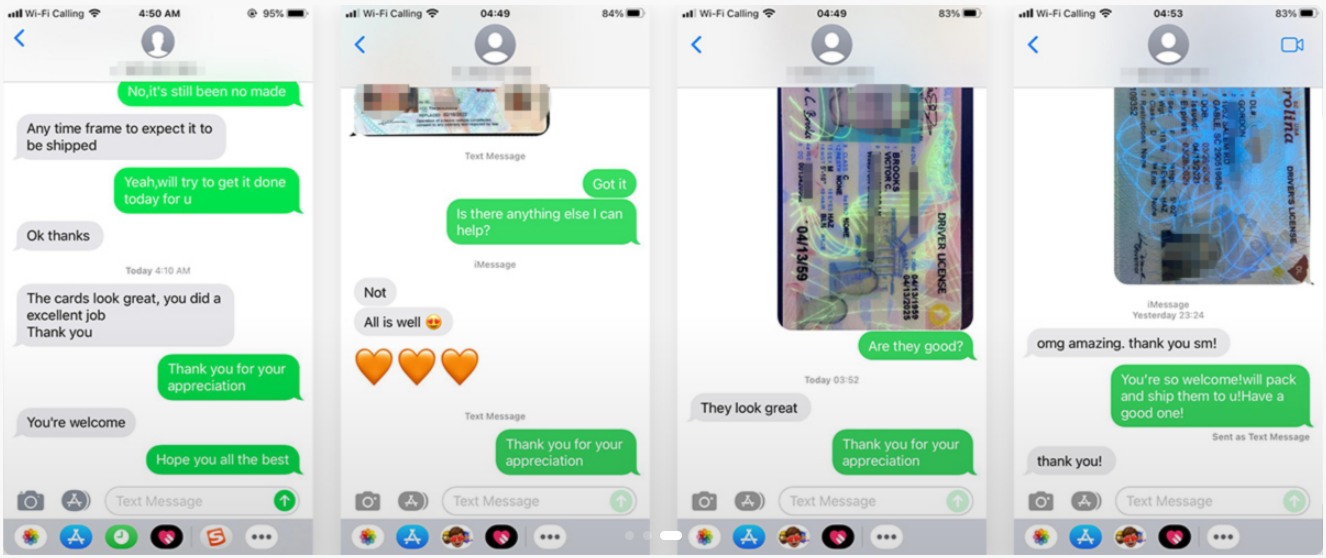
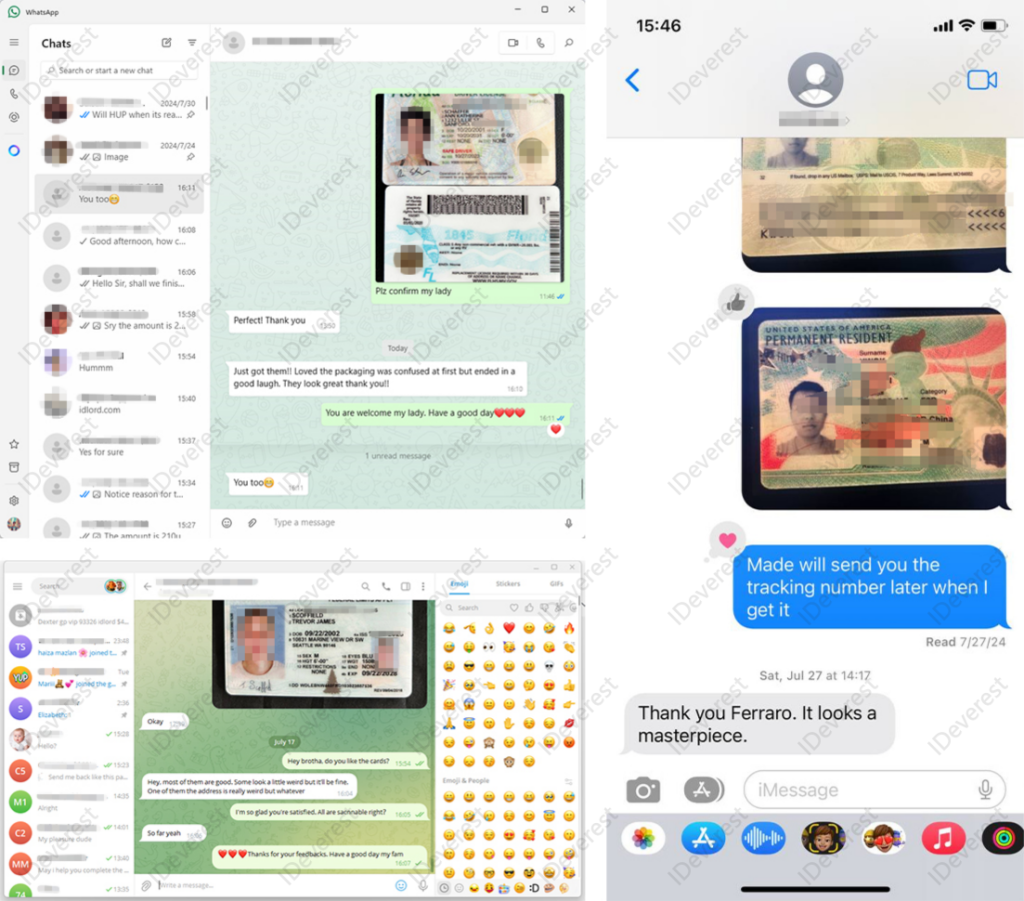

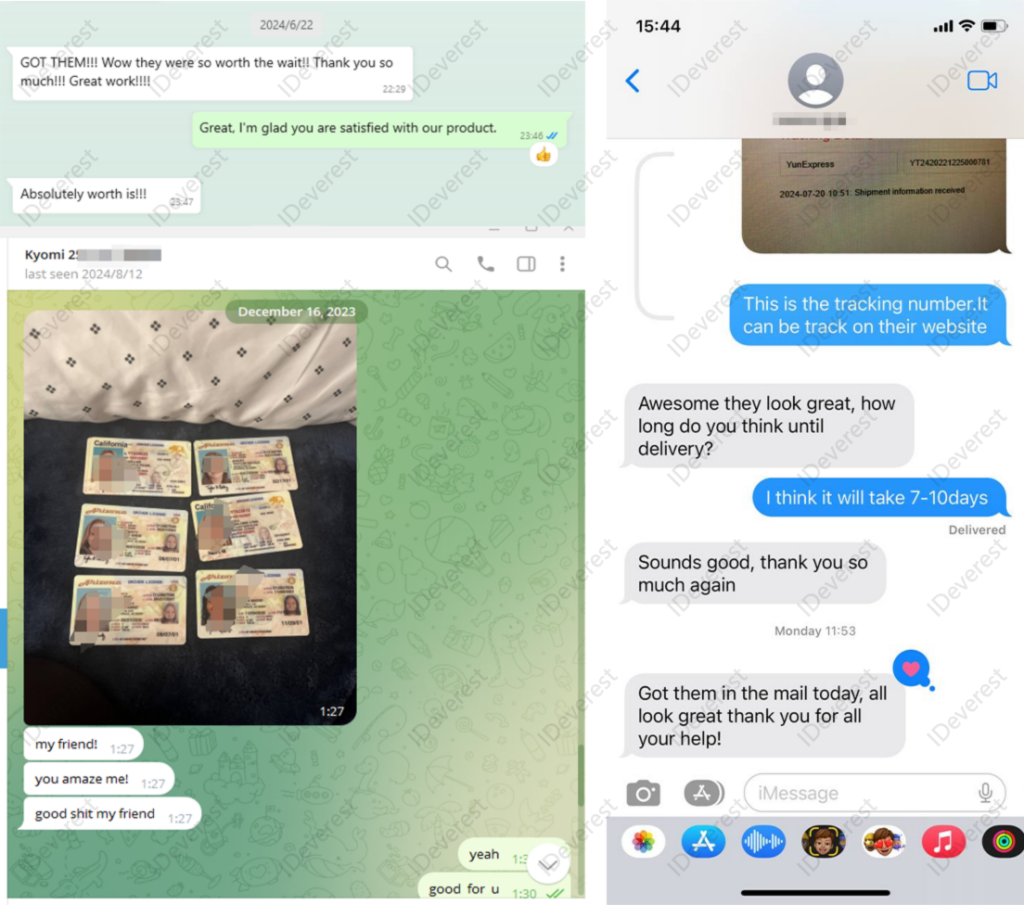

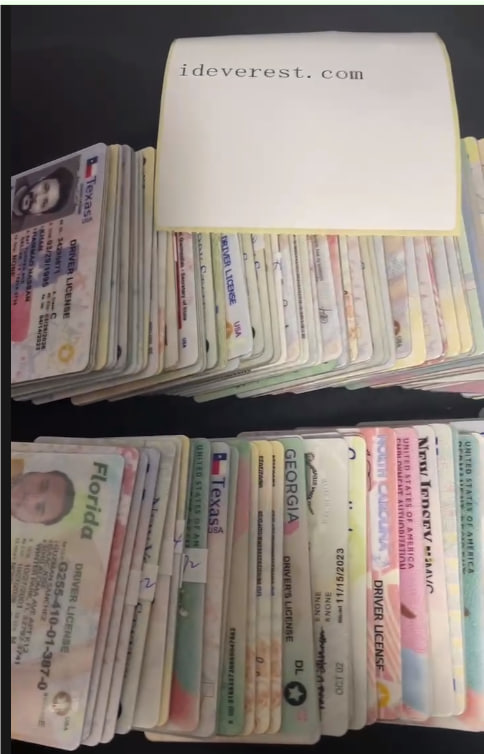


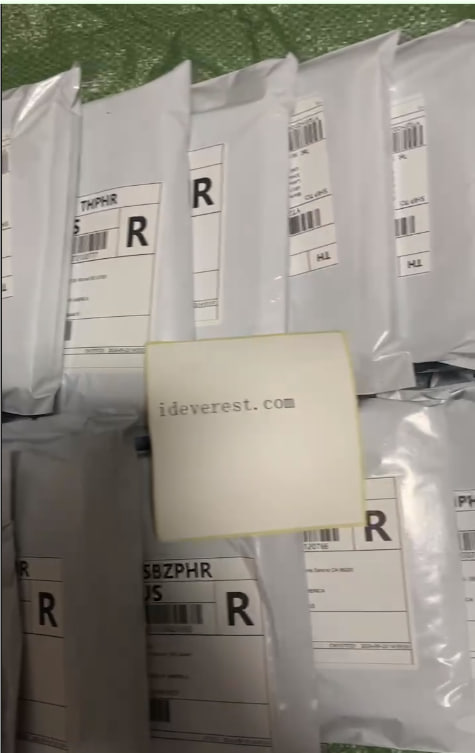
Big Treat Back for New Product Development Participation: Your feedback matters! We offer incentives to customers who participate in our new product development, shaping the future of our offerings together.

Tags:
You like
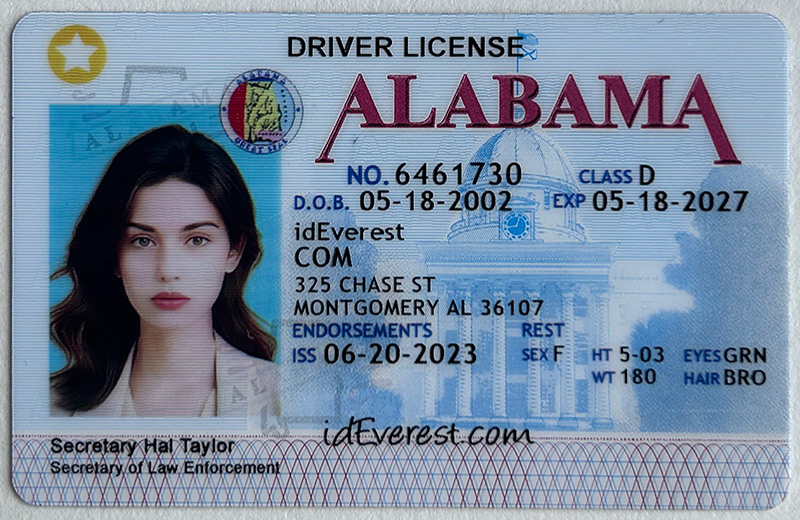
Alabama Scanning ID Card: What
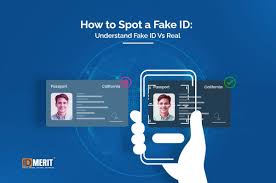
Personalized Illinois Fake ID
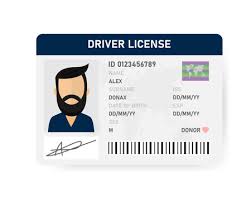
Custom Illinois Fake ID
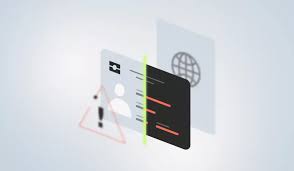
market analysis of fake IDs

